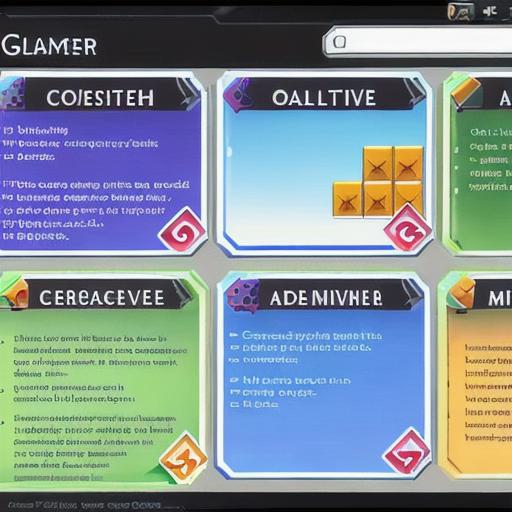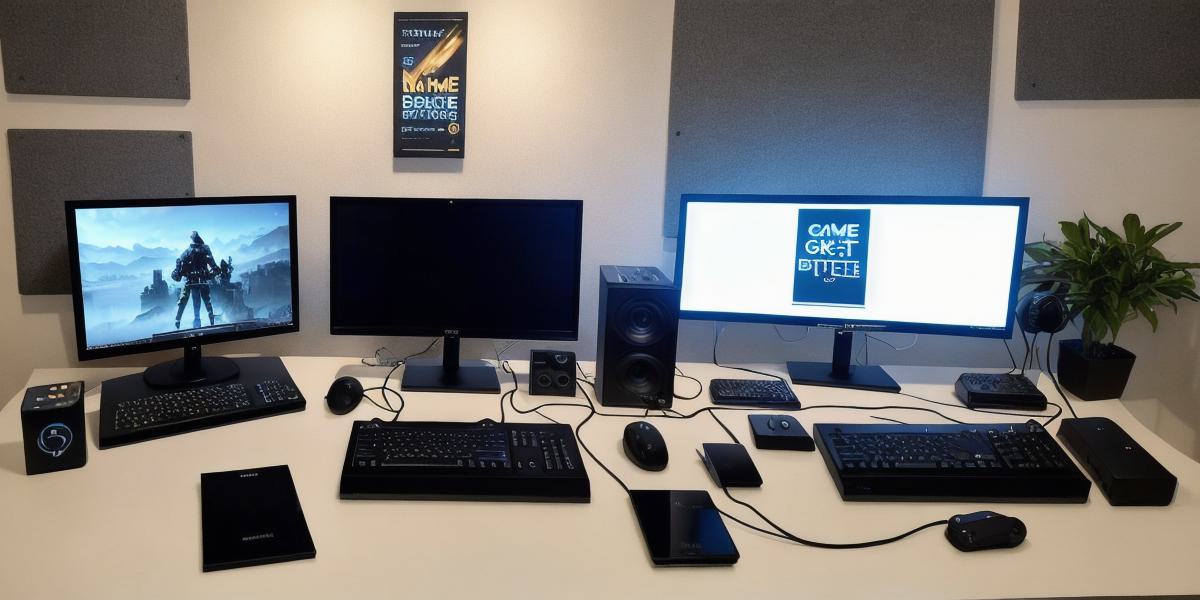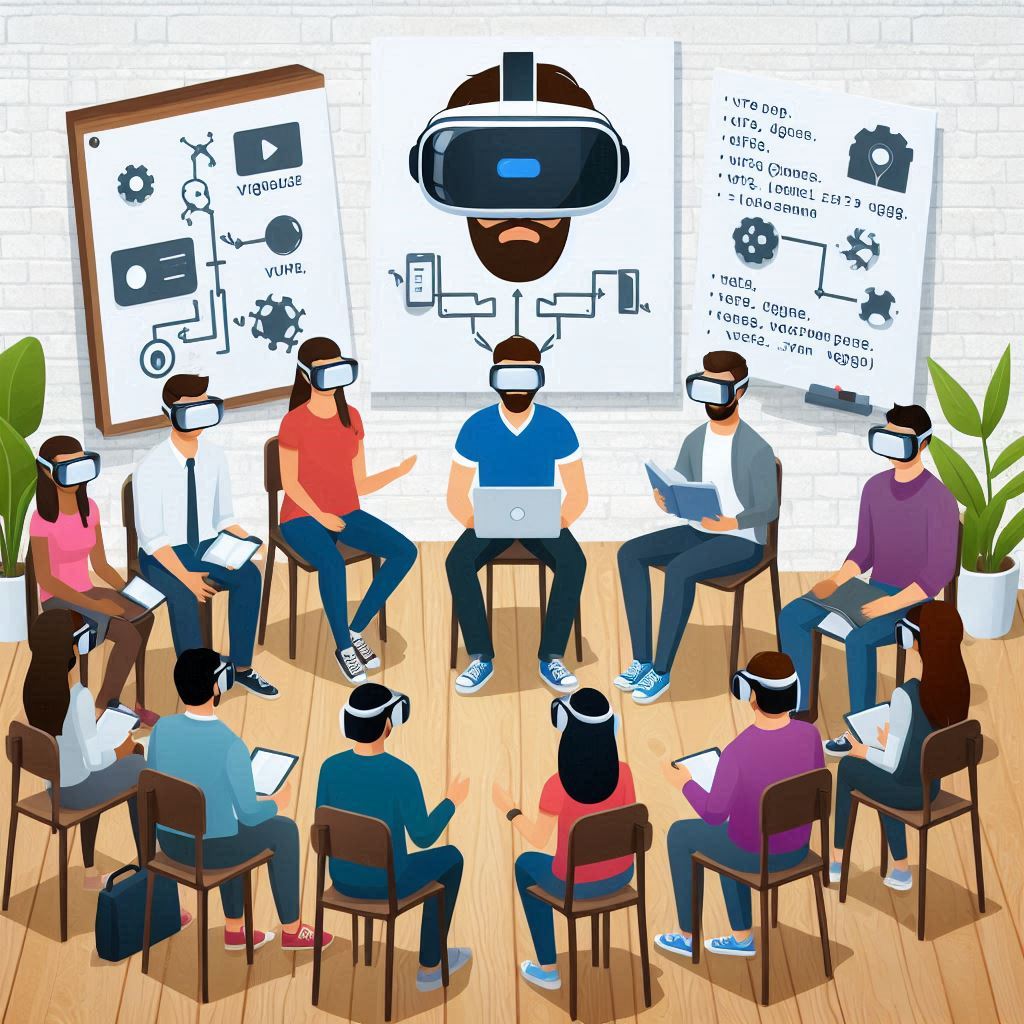Game development is an exciting and rapidly growing industry, filled with opportunities for talented individuals to turn their passion for games into a career. From creating graphics and animations to programming and game design, there are many different roles available within the field. In this article, we’ll take a closer look at some of the most popular job opportunities in game development and explore the skills and qualifications required for each role.
1. Game Designer
Game designers are responsible for creating the overall concept and mechanics of a game. They work closely with other members of the team to develop ideas, create prototypes, and ensure that the final product is fun and engaging for players. To be a successful game designer, you’ll need strong creativity, problem-solving skills, and the ability to communicate effectively with others.

2. Programmer
Programmers are responsible for writing code and implementing features in games. They work closely with game designers and other members of the team to ensure that the game runs smoothly and is free from bugs. To be a successful programmer in game development, you’ll need strong problem-solving skills, a deep understanding of programming languages like C++ and Java, and the ability to work well under pressure.
3. Artist
Artists are responsible for creating the visual elements of a game, such as characters, environments, and effects. They work closely with game designers and other members of the team to ensure that the art style is consistent throughout the game. To be a successful artist in game development, you’ll need strong creativity, a deep understanding of artistic software like Photoshop and Maya, and the ability to work well under pressure.
4. Producer
Producers are responsible for managing the overall production of a game, from pre-production to post-production. They work closely with other members of the team to ensure that the project stays on track and within budget. To be a successful producer in game development, you’ll need strong leadership skills, excellent communication skills, and the ability to manage multiple projects simultaneously.
5. Quality Assurance Tester
Quality assurance testers are responsible for testing games to ensure that they are free from bugs and glitches. They work closely with other members of the team to identify issues and report them to the development team. To be a successful quality assurance tester in game development, you’ll need strong attention to detail, excellent communication skills, and the ability to work well under pressure.
In conclusion, a career in game development offers many exciting opportunities for talented individuals looking to turn their passion for games into a career. Whether you have a background in art, programming, or design, there is a role in game development that will suit your skills and interests. With the right training and experience, you can join this rapidly growing industry and contribute to creating some of the most exciting games on the market today.



